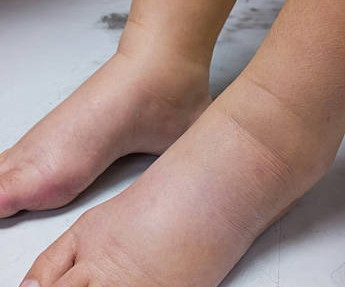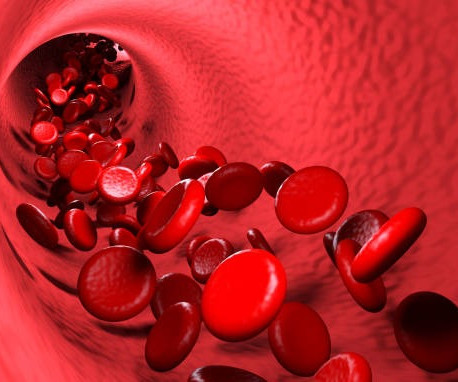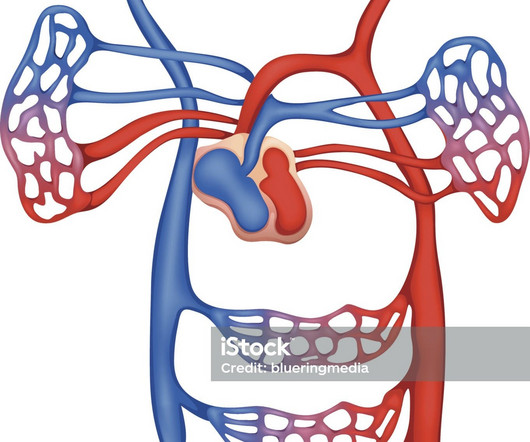Unraveling Lymphedema: Causes, Risk Factors, and Treatment Options
Vascular Physician
NOVEMBER 28, 2023
Other signs of lymphedema include: Feeling tightness or heaviness in the affected area Thickening of the skin Frequent infections It is best to schedule an appointment with your healthcare provider as soon as you notice one or more symptoms of lymphedema. Early diagnosis could mean a more effective treatment plan.














Let's personalize your content